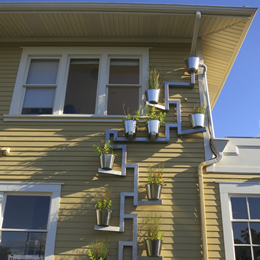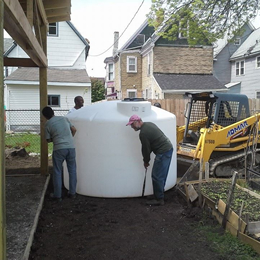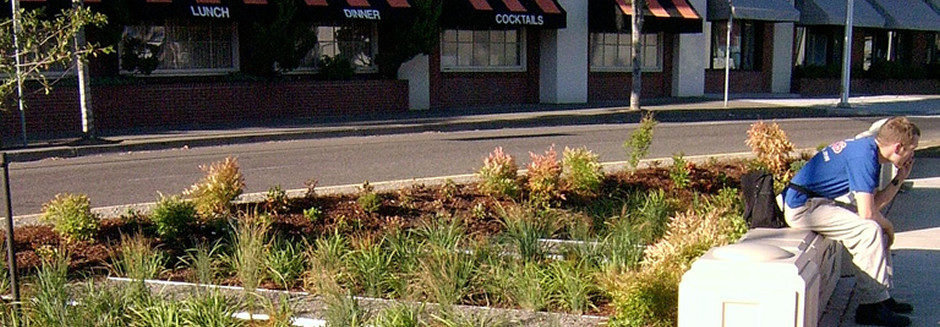When water backs up on our streets and in our basements, or when drought limits its supply, that is when many of us first begin to think about our relationship with water and the systems that are designed to deliver and remove it. Infrastructure we assume to be reliable and safe is instead overburdened and obsolete, and its increasingly frequent failures disrupt our day-to-day lives and damage our communities. When the decay of a largely hidden system makes it all too visible, it calls for us to rethink the processes by which the system is conceived, designed, constructed, and operated.
Surdna is working with local partners to promote the next generation of alternatives to our heavily engineered and costly water infrastructure. Foundation grantees are helping communities re-envision these systems through the implementation of green infrastructure practices that mimic nature. They could include capturing and slowly releasing water into existing drains, pipes and sewers, or reusing rainwater as an alternative to building more—and more expensive—“gray infrastructure.”
One grantee, Pittsburgh United, is working to ensure community voices are giving shape to green infrastructure investments in neighborhoods across the city. Ratepayers, civic leaders, members of social and environmental groups, and other residents organized by the nonprofit have forced the city to re‐examine its approach to its aging infrastructure. Pittsburgh is now embracing techniques like permeable pavement and street garden installations—and in the process is building broad community buy-in for effective water management.



